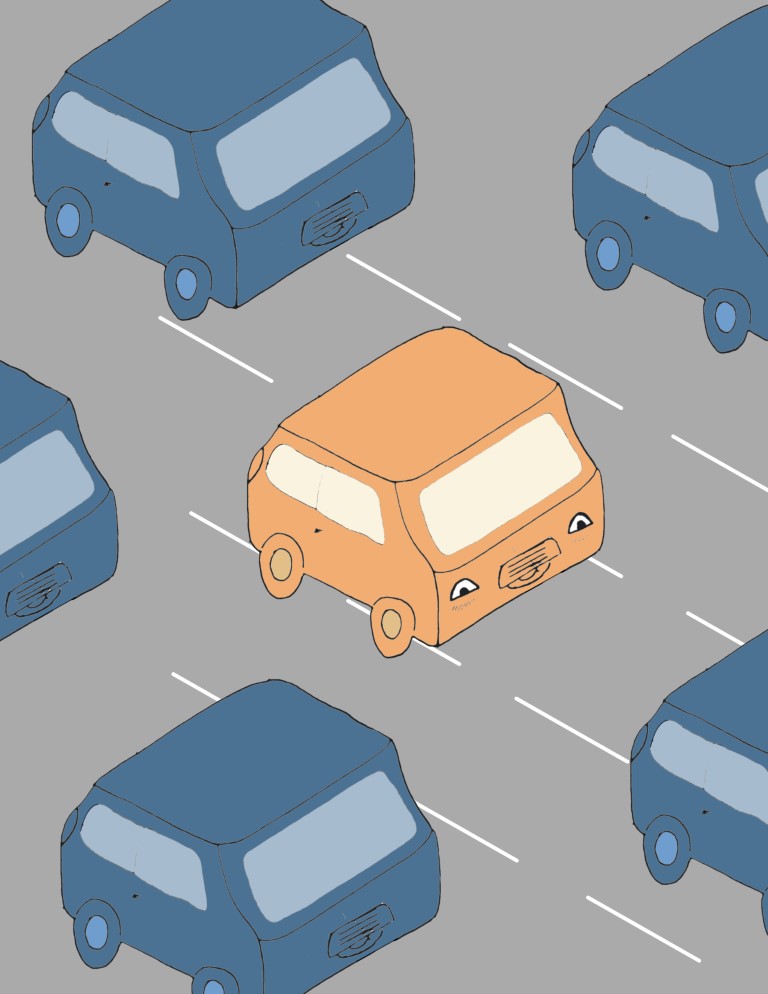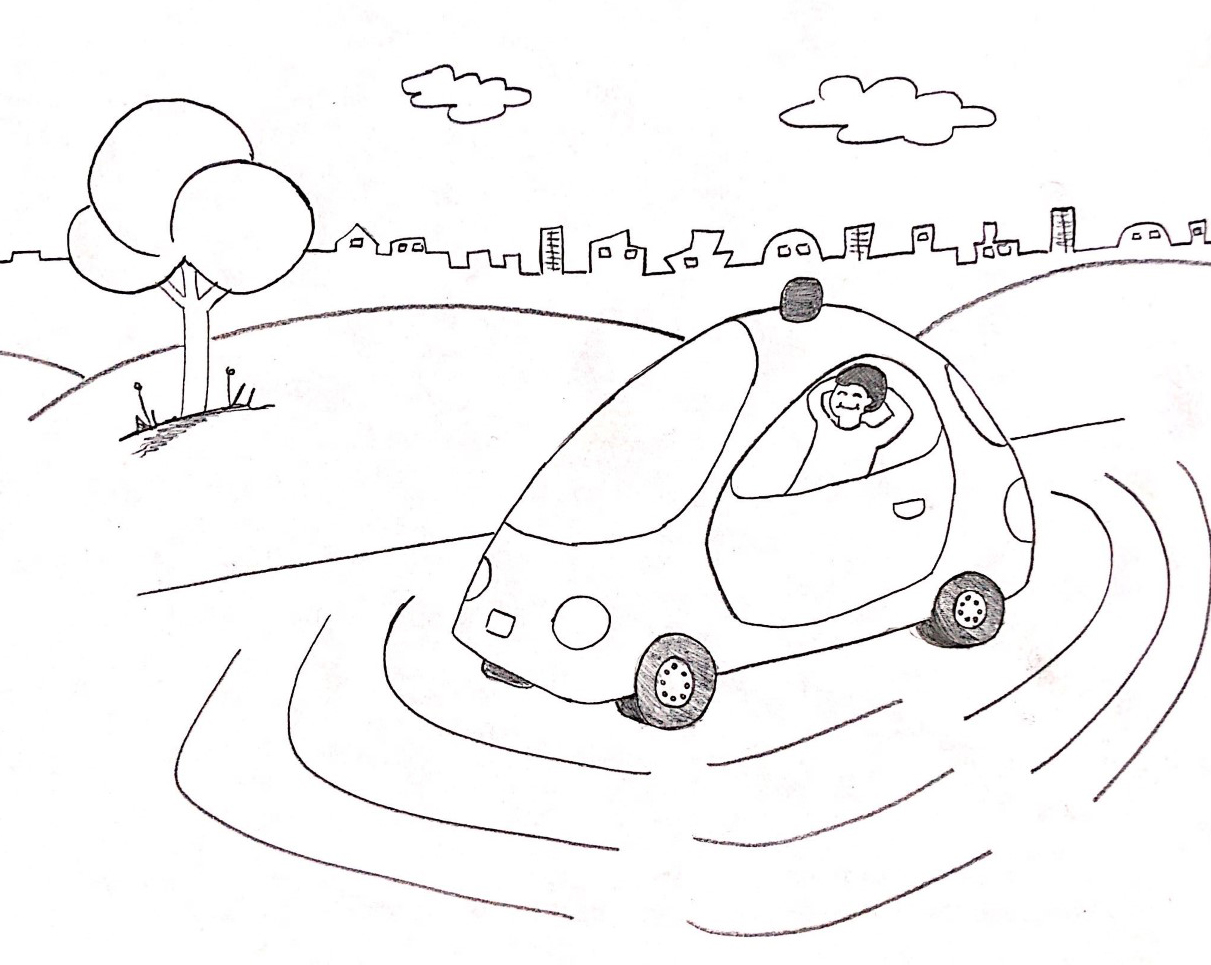
A science fiction-y future is near
By Morgan Hannah, Life & Style Editor
I envision a world where there are no more human drivers, just self-driving cars. While autonomous cars haven’t quite arrived at a Jetsons-like future of flying yet, they are getting closer and closer to becoming a viable widespread mode of transportation.
There are many benefits and points worth arguing for the acceptance of autonomous automobiles, such as drastically cutting the time it takes to get anywhere (largely because of the elimination of delayed human reactions), cars communicating with each other leading to predictive, safe driving, and much more! And while there is some resistance to this evolution, there is also a lot of good data and evidence to entertain and possibly sway the critics. With all of that in mind, here are five reasons to embrace autonomous cars:
Safer Roads
How many car accidents are caused by human error? People tend to speed, swerve, lose focus, and drive under the influence of substances or emotions—all of these variables lead to the possibility of an accident. I think if you remove the human aspect, you remove the risk. According to the World Health Organization (WHO), roughly 1.35-million people die annually because of traffic accidents and another 20 to 50 million people are seriously injured because of car crashes.
In 2018, 22.7 percent of accidents were a result of one car crashing into another. Based on a range of sensors located in various parts of the vehicle, self-driving cars build and maintain a map of their environment. The location of nearby vehicles is tracked by radar sensors. Surveillance cameras identify traffic lights, watch for road signs, and look out for pedestrians. Advanced software then analyses all of this data, plans a route, and sends the information to the car which controls acceleration, braking, and steering. This means self-driving cars can eliminate traffic accidents and human error.
Time Saver
According to CBC News, the average Vancouverite spends about one hour commuting to and from work. This time can be increased by traffic and road construction. Imagine having that time given back. Imagine how productive one could be with a personal, quiet, commute where the car does all the work.

Passengers would be able to sit back and relax with a book, shoot off some emails, or organize for that big early morning meeting without the disruptions of public transportation. Commute time is largely wasted but with self-driving cars, people can get work done or check their phones safely on the go.
Environmentally friendly
Studies suggest Canadian cars are the world’s dirtiest cars. With emissions equivalent of 206 grams of CO2 per kilometer, Canada ranks number one in climate pollution specifically from the average car. A good visual of what 206 grams of climate pollution looks like is tossing 400 plastic straws out of the car window every kilometer. A study on behalf of Natural Resources Canada found that setting cruise control at 80 KPH instead of changing speeds every couple seconds saves 20 percent less fuel.
Money Saver
The average cost of a car in Canada is about $33,400, according to a 2018 Automotive News Canada article, and the average cost of insurance in BC is around $1800. This makes for an expensive investment that has continuous upkeep costs too. Self-driving cars are safer so accident-induced costs could be lessened and possibly eliminated—and everyday wear and tear costs won’t be much of an issue either. Autonomous cars do not floor the gas pedal or slam on the breaks unless an emergency is detected, and autonomous cars are more fuel efficient with their planned routes (less stop and go). While the startup cost of a self-driving car may be on par with a brand-new car, the little savings will add up and help reduce costs in the long run.
Efficiency
If we reach a future where there are no more human drivers and, instead, just self-driving cars—intersection lights and stop signs will become a thing of the past. Drivers spend so much commute time either slowing down, speeding up, or stopping at lights, which also eat up the car’s fuel. With autonomous cars comes autonomous intersections, which would result in a perfectly efficient roadway and faster road travel altogether. Humans aren’t aware or quick enough to reliably take turns when travelling through intersections, but I think the self-driving car is. All in all, I’m sure that self-driving cars will improve the lives and commutes of everyone on the road.
